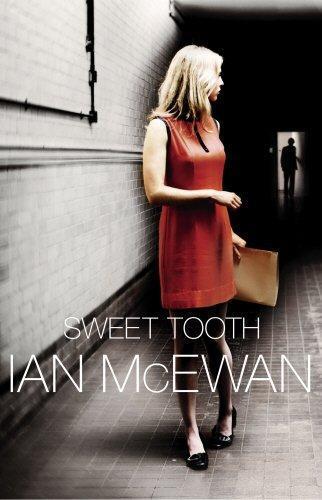lingua English
Pubblicato il 22 Febbraio 2012

lingua English
Pubblicato il 22 Febbraio 2012
Sweet Tooth is a novel by the English writer Ian McEwan, published on 21 August 2012. It deals with the experiences of its protagonist, Serena Frome, during the early 1970s. After graduating from Cambridge she is recruited by MI5, and becomes involved in a covert program to combat communism by infiltrating the intellectual world. When she becomes romantically involved with her mark, complications ensue. McEwan wanted to write a novel dealing with the social turmoil of the 1970s, and Sweet Tooth is to a large extent based on his own life. The story explores the relationship between artistic integrity and government propaganda, and addresses competing approaches to literature; the boundary between reality and fiction is tested throughout. The novel is dedicated to McEwan's late friend Christopher Hitchens. He is not referred to directly in the book, but he did play a part as the host of a real-life literary event …
Sweet Tooth is a novel by the English writer Ian McEwan, published on 21 August 2012. It deals with the experiences of its protagonist, Serena Frome, during the early 1970s. After graduating from Cambridge she is recruited by MI5, and becomes involved in a covert program to combat communism by infiltrating the intellectual world. When she becomes romantically involved with her mark, complications ensue. McEwan wanted to write a novel dealing with the social turmoil of the 1970s, and Sweet Tooth is to a large extent based on his own life. The story explores the relationship between artistic integrity and government propaganda, and addresses competing approaches to literature; the boundary between reality and fiction is tested throughout. The novel is dedicated to McEwan's late friend Christopher Hitchens. He is not referred to directly in the book, but he did play a part as the host of a real-life literary event fictionalised in the book, involving McEwan and Martin Amis, who does appear in the story. Critical reception was mixed; some reviewers found the novel moving and poignant, while others saw it as weaker than much of McEwan's previous work.